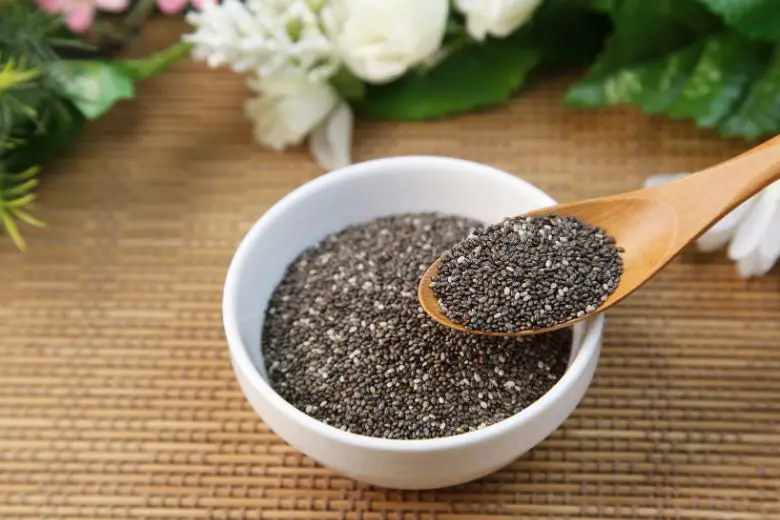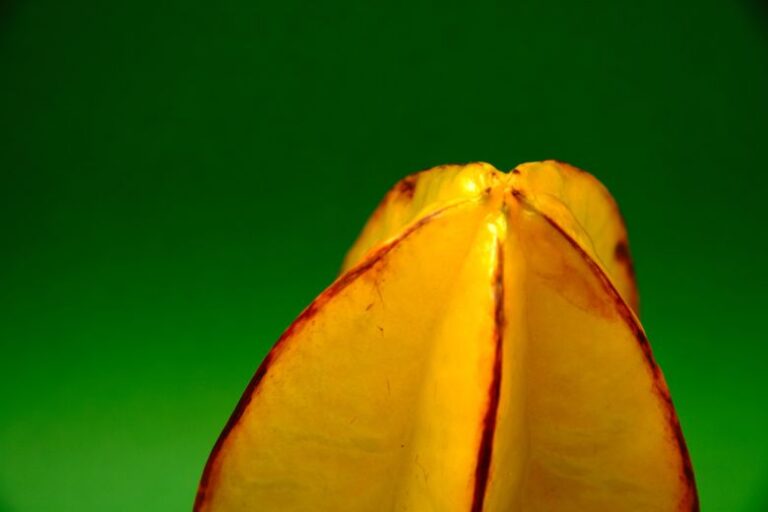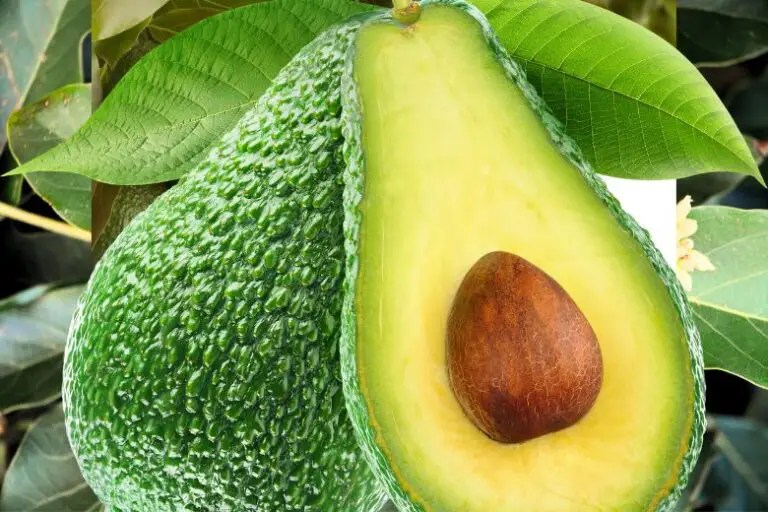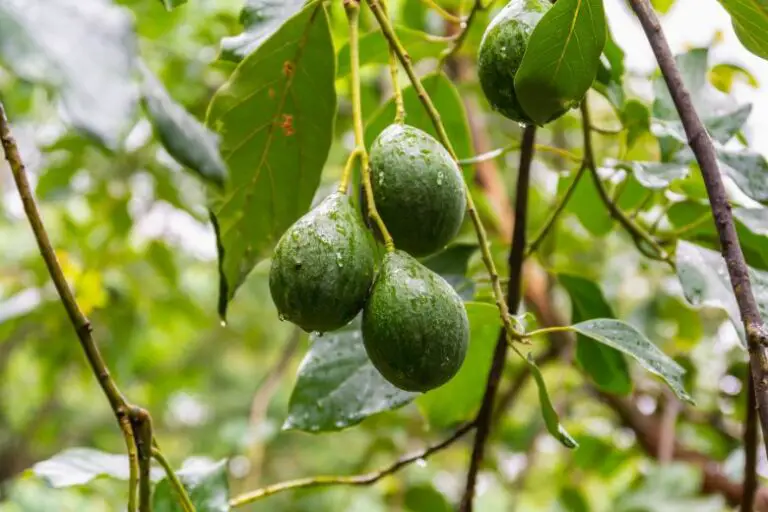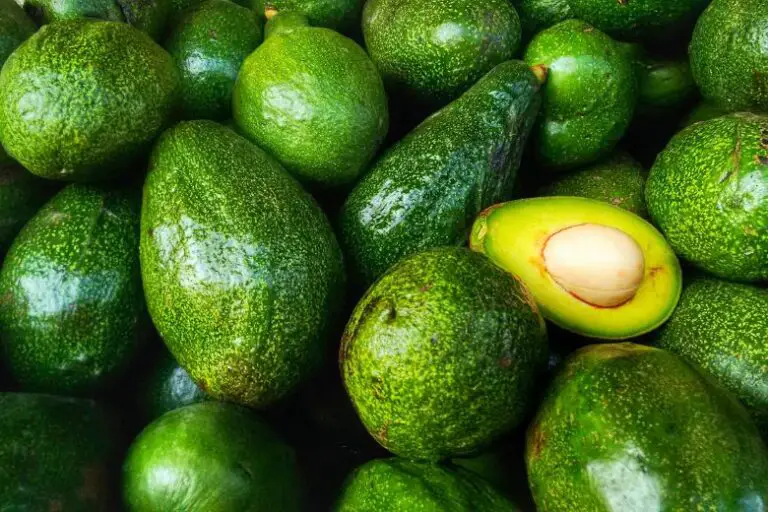Are Chia Seeds Suitable for Individuals with Nut Allergies
Chia seeds have gained immense popularity in recent years due to their numerous health benefits. They are rich in nutrients like fiber, protein, omega-3 fatty acids, and antioxidants, making them an excellent addition to a balanced diet. However, for individuals with nut allergies, incorporating new foods into their diet can be a concern.
Understanding Chia Seeds
Chia seeds are small, oval-shaped seeds that come from the Salvia hispanica plant, native to Mexico. These tiny powerhouses have been consumed for centuries, dating back to Mayan and Aztec civilizations. Today, they are known as a superfood due to their remarkable nutritional profile.
Nut Allergies
Nut allergies are common and can range from mild to severe. Peanuts and tree nuts like almonds, walnuts, and cashews are among the most prevalent allergens. Individuals with nut allergies must be cautious about consuming foods that may trigger allergic reactions.
Are Chia Seeds Nut-Free?
Despite their name, chia seeds are not nuts. They belong to the mint family and are categorized as pseudocereals, along with quinoa and amaranth. Pseudocereals are seeds that are prepared and consumed similarly to cereal grains, but they do not come from grasses.
Nutritional Benefits
Chia seeds offer a wide array of health benefits. They are an excellent source of dietary fiber, promoting digestive health and aiding in weight management. Chia seeds are also rich in protein, making them a valuable addition to vegetarian and vegan diets.
Moreover, these tiny seeds are packed with omega-3 fatty acids, which are crucial for heart health. They contain alpha-linolenic acid (ALA), a plant-based form of omega-3, which supports cardiovascular function and reduces inflammation.
Chia seeds are also a good source of antioxidants that help protect the body against free radicals, which can cause cell damage and lead to various diseases.
Incorporating Chia Seeds
Chia seeds have a mild, nutty flavor, making them versatile for culinary use. They can be sprinkled over yogurt or salads, added to smoothies, or used as an egg substitute in vegan baking. When mixed with liquid, chia seeds form a gel-like consistency, which can be used to make delicious and healthy chia puddings.
Chia Seed Recipes
- Chia Seed Pudding: Mix chia seeds with your favorite plant-based milk and sweetener of choice. Refrigerate overnight for a delicious and nutritious pudding.
- Chia Energy Balls: Combine chia seeds with dates, nuts, and cocoa powder for a tasty and energizing snack.
- Chia Smoothie: Blend chia seeds with fruits, leafy greens, and your choice of milk for a refreshing smoothie.
Potential Risks
While chia seeds are generally safe for most people, some individuals may experience allergic reactions or digestive issues. It’s essential to start with a small amount and monitor any adverse reactions. Moreover, consuming large quantities of dry chia seeds without enough liquid can lead to choking due to their ability to absorb water and expand.
Chia Seeds and Allergies
Chia seeds themselves are not known allergens, and they are not tree nuts or peanuts. Therefore, individuals with nut allergies can often consume chia seeds without any issues. However, cross-contamination is a concern, especially when purchasing pre-packaged products that might contain traces of nuts.
If you have a severe nut allergy, it’s crucial to read labels carefully and consider purchasing chia seeds from reputable brands that follow strict manufacturing practices.
Tips for Allergic Reactions
If you suspect an allergic reaction to chia seeds, such as itching, swelling, or difficulty breathing, seek medical attention immediately. Allergic reactions can range from mild to life-threatening, so it’s crucial to take them seriously and avoid chia seeds if necessary.
Frequently Asked Questions
- Can chia seeds replace nuts in recipes for those with allergies?
- Chia seeds can be used as an alternative in many recipes, but it depends on the specific dish and the desired texture. Experimenting with chia seeds in place of nuts can yield delicious results.
- Do chia seeds contain the same allergenic proteins as nuts?
- No, chia seeds do not contain the same proteins found in nuts that trigger allergic reactions in those with nut allergies.
- Are chia seeds a good source of protein for individuals with nut allergies?
- Yes, chia seeds are an excellent source of plant-based protein and can be included in a nut-allergic individual’s diet.
- What other options are there for individuals with nut allergies to enhance their diet?
- For individuals with nut allergies, seeds like sunflower seeds, pumpkin seeds, and sesame seeds can provide nutritional benefits and add variety to their diet.
- Is it safe to give chia seeds to children with nut allergies?
- It’s essential to consult with a pediatrician or allergist before introducing chia seeds or any new food to a child with nut allergies to ensure safety.
Conclusion
Chia seeds are a nutritious superfood that offers numerous health benefits. For individuals with nut allergies, chia seeds can be a safe and valuable addition to their diet. However, always exercise caution, read labels carefully, and consider the potential for cross-contamination. If you experience any allergic reactions to chia seeds, seek medical attention promptly. By incorporating chia seeds mindfully, individuals can enjoy their nutritional advantages without compromising their health

